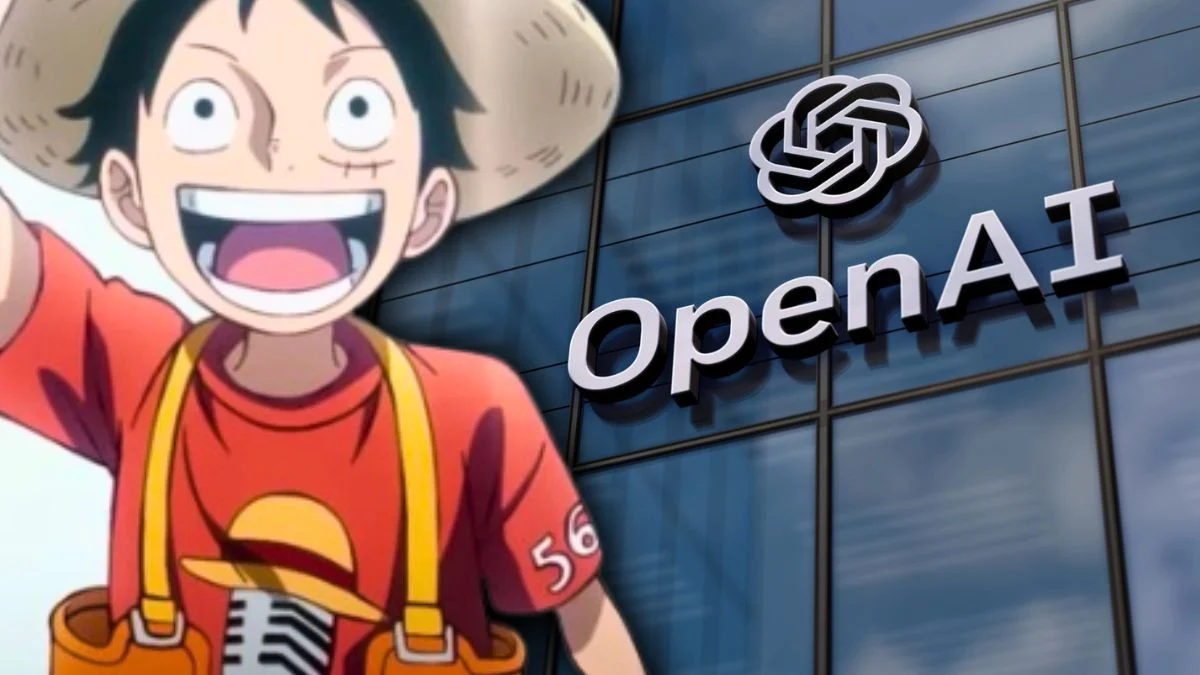
Like many creators globally, Japan’s Shueisha – the publisher of popular manga like One Piece, Dragon Ball, and Mazinger Z (found in Weekly Shonen Jump) – has announced it will pursue legal options if OpenAI’s Sora2 model infringes on their copyrights.
Shueisha announced on October 31st that it will actively protect its copyrighted works from unauthorized use by AI technologies.
The announcement followed the online circulation of AI-created videos that appeared to replicate or mimic well-known anime and manga.
The company reported a surge of AI-generated videos online this fall, coinciding with the release of OpenAI’s Sora2. Many of these videos copy existing content, specifically anime and popular characters, and violate copyright laws. They were created using AI that was trained on copyrighted material.
Shueisha recognizes the potential of new technologies like AI to inspire creativity, but emphasizes that this shouldn’t come at the expense of artists’ rights. The publisher stated that while AI can help more people create and enjoy art, it’s crucial that this doesn’t happen by disrespecting artists or violating their copyrights. They believe that creative progress should not come at the cost of the hard work and dedication of creators.
The company also urged AI developers to do more to stop the misuse of copyrighted material, stating that simply letting creators request removal isn’t sufficient.
If companies offering AI tools don’t quickly and effectively prevent copyright violations – and offer solutions for creators whose rights are violated – the growing problem of AI-driven infringement could permanently damage the content creation industry. Simply allowing creators to request removal of their work isn’t enough.
Shueisha emphasizes that governments need to be involved in addressing this issue. They state that “strong legal protections and government action at a national level are crucial for safeguarding content.”
The publisher announced it will take action against anyone who uses its content without permission. They stated that whether or not artificial intelligence is involved, they will strongly enforce their copyrights and work with other copyright holders and organizations to support a healthy creative ecosystem.
Even with this firm position, the company might encounter difficulties in Japan. Current Japanese AI rules don’t have harsh punishments for copyright violations, and the government has expressed a desire to be a global leader in AI development. This could create problems for companies like Shueisha who own copyrights.
Shueisha isn’t the only one taking legal action against AI. In the U.S., companies such as Disney and Universal are suing Midjourney, alleging that it used a massive number of copyrighted images to train its AI models without getting the necessary approvals.
Meanwhile, prominent authors like Jonathan Franzen and George R.R. Martin, the author of Game of Thrones, are suing OpenAI. They claim the company used their copyrighted books to train ChatGPT without getting permission.
The recent criticism demonstrates that creators globally are growing concerned about how AI utilizes their content. For Shueisha, this could be the beginning of a lengthy legal fight to safeguard the stories and characters that have shaped Japanese pop culture over many years.
Read More
- 2025 Crypto Wallets: Secure, Smart, and Surprisingly Simple!
- Gold Rate Forecast
- Brown Dust 2 Mirror Wars (PvP) Tier List – July 2025
- Banks & Shadows: A 2026 Outlook
- HSR 3.7 story ending explained: What happened to the Chrysos Heirs?
- The 10 Most Beautiful Women in the World for 2026, According to the Golden Ratio
- ETH PREDICTION. ETH cryptocurrency
- Uncovering Hidden Groups: A New Approach to Social Network Analysis
- The Weight of Choice: Chipotle and Dutch Bros
- The Best Actors Who Have Played Hamlet, Ranked
2025-11-04 13:45